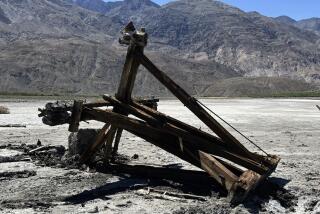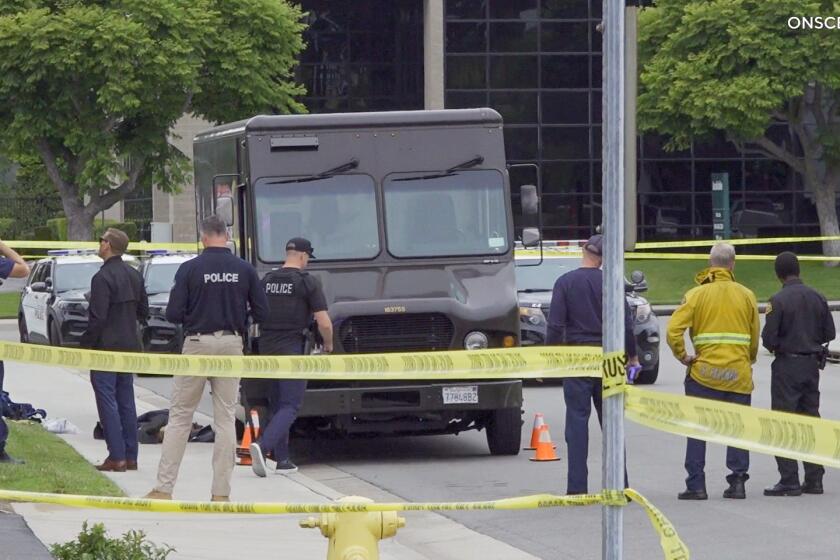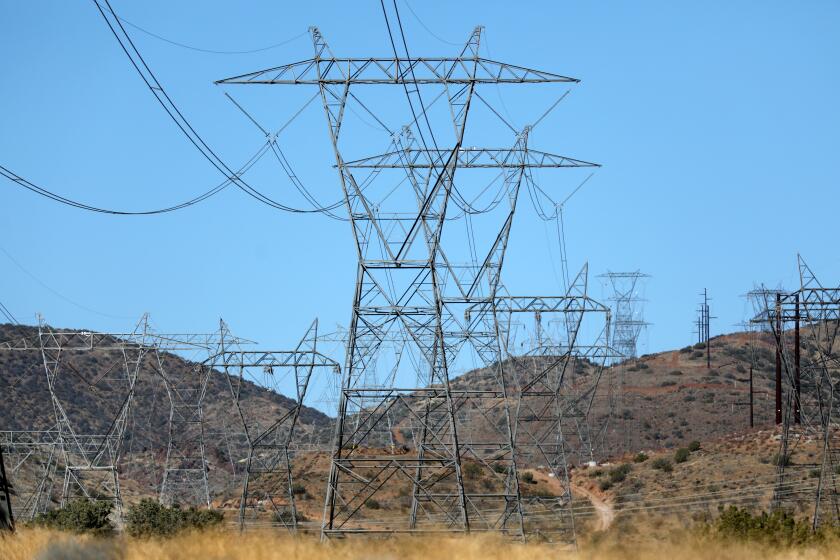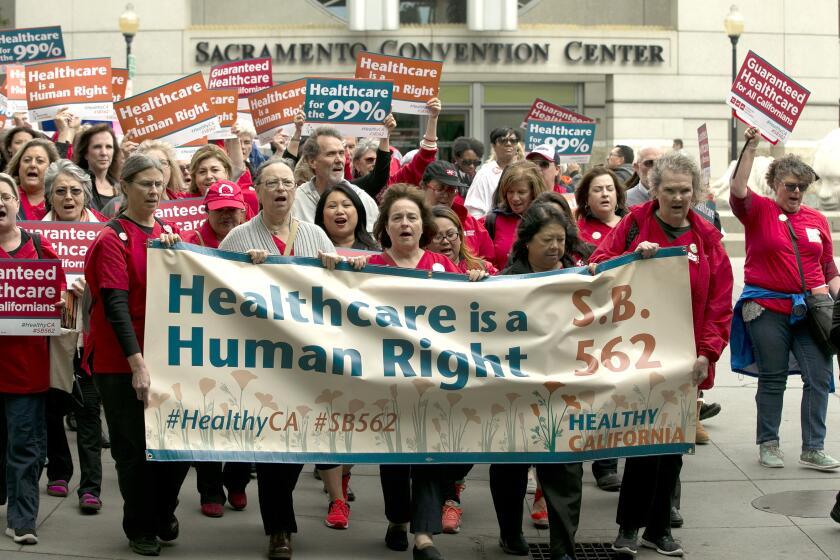Farmland and Water Shortage
The article “Farmland Eyed as MWD Water Source” (Part A, April 26) offers up the prospect of solving Southern California’s water problems by taking farmland out of production. There are at least two reasons why such a solution won’t work:
First, if taking water away from farmers and giving it to cities could solve urban water shortages, it would already have happened. This year, many farmers had their entire surface water supply cut off by the State Water Project, so that urban users would have enough. In fact, urban users got more water this year from farmers than they got from the State Water Project. And yet, in spite of this massive transfer of water from agricultural to urban use, cities still faced drastic rationing plans, until March rains eased the situation. Ag-urban transfers alone won’t solve the problems.
Second, taking land out of production by purchasing it from farmers will cause widespread economic hardship in many of the state’s fastest growing communities. At first glance, the idea seems so harmless. After all, one reasons, the farmer got paid a fair price so no one suffers, right? Wrong. Whether or not the farmer gets paid, the permanent, full-time farm workers who depended on that farmer for their livelihoods are out of a job. The seed and fertilizer suppliers have lost a customer, as have the implement and equipment suppliers. Everyone suffers, including the local department store and the local bank.
The answer to California’s water problems lies not in bludgeoning agriculture to get its water, but in improving the systems by which we capture, store and distribute water. There is more than enough water to go around, if we just have the facilities to manage it. MWD and its customers are barking up the wrong tree. They need to be looking elsewhere for their water.
STEPHEN K. HALL
Executive Director
California Farm Water Coalition, Fresno
More to Read
Start your day right
Sign up for Essential California for news, features and recommendations from the L.A. Times and beyond in your inbox six days a week.
You may occasionally receive promotional content from the Los Angeles Times.






